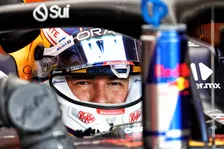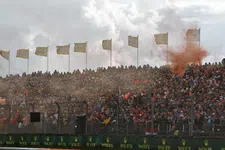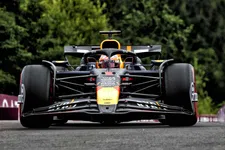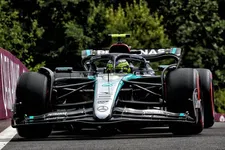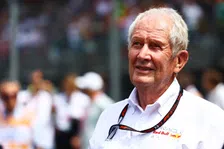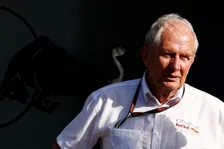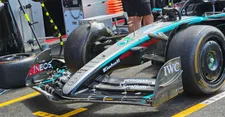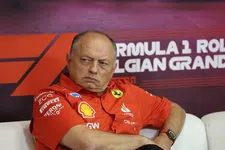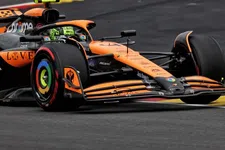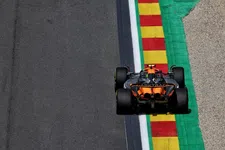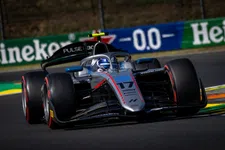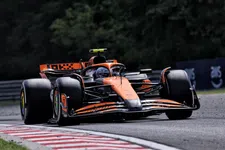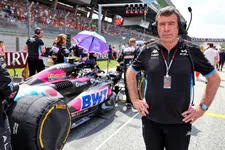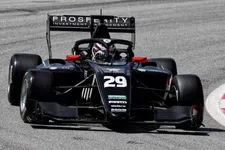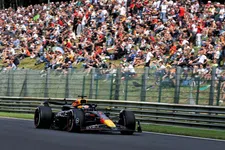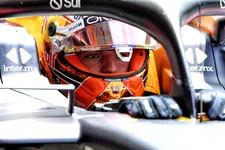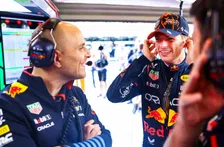General
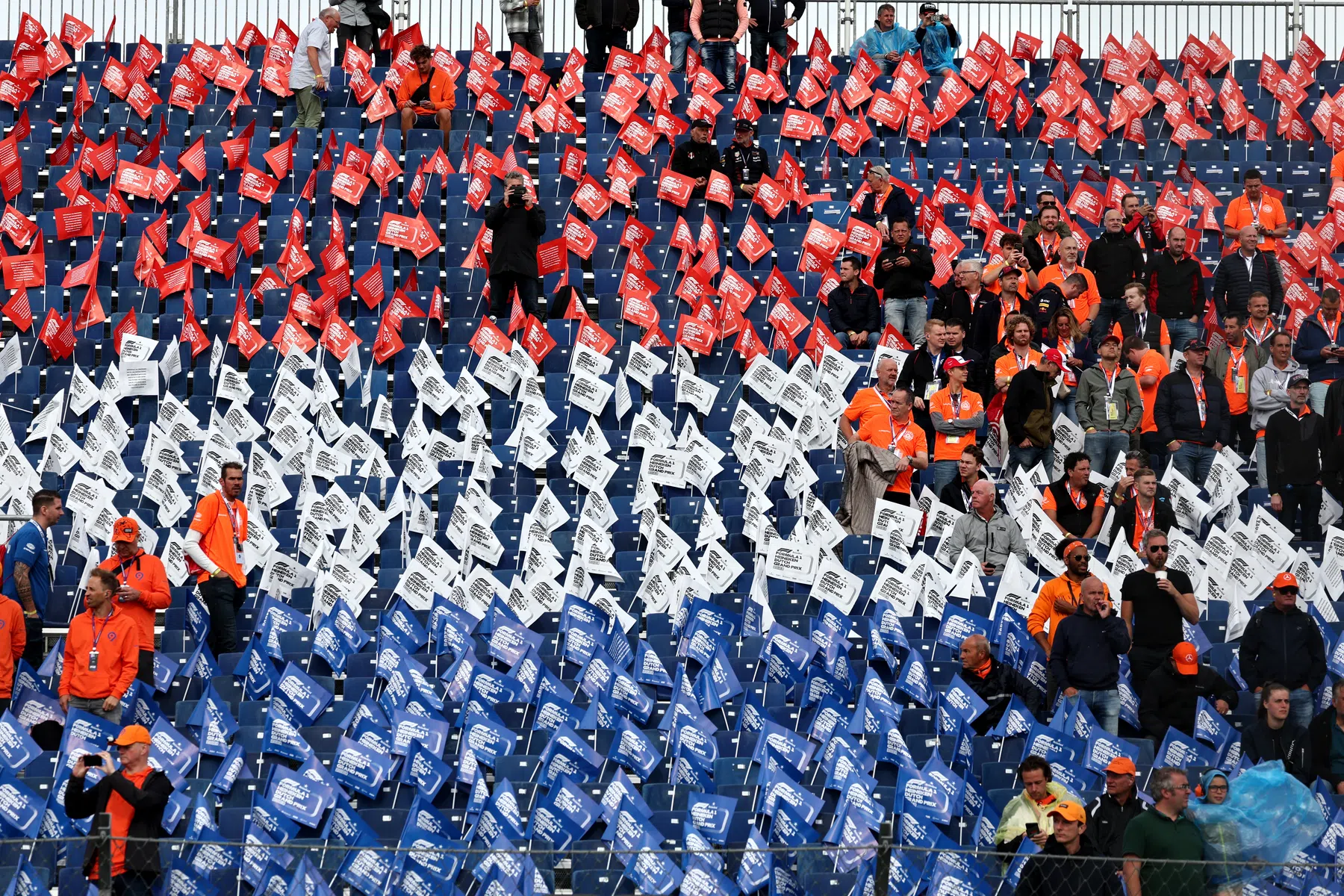
Is the Madrid GP good or bad news for Monza and Spa?
As many as ten seasons of Formula 1 racing will be hosted at the new circuit on the outskirts of Madrid. Just as the Las Vegas street circuit has also been committed as an F1 venue for a decade. Signing contracts for many years appears to be a new strategy of Formula 1, confirms Stefano Domenicali (CEO F1). This can be positive for circuits, but certainly also negative.
In recent years, Formula 1 has experienced - as the official website calls it - "exciting" growth in the Middle East (with races in countries like Saudi Arabia and Qatar) as well as in the United States. There, there are now three races per season (in addition to Las Vegas, Miami and Austin). But F1 prides itself on certainly not having forgotten Europe, after all the cradle of the sport.
How will Madrid affect the competition?
Imola and Zandvoort, for instance, returned to the F1 calendar in recent years, although this is offset by the removal of Grands Prix in Germany and France from the calendar. The big question is what exactly the impact on European races will be, now that with Madrid, another spot on the calendar has already been given away for quite some time. Moreover, Formula One Management states that Barcelona also remains an option to (continue to) host a Grand Prix.
In 2024, there will be 24 Grands Prix on the calendar and so many races are already going to require a huge amount of energy from the teams. So continuing to add unlimited races is impossible, so it is realistic that races will disappear from the F1 calendar here and there. The circuits that have short-term commitments to Formula 1 - for example, Zandvoort, Spa-Francorchamps and Monza - should logically be the first to worry.
Good news for Spa, Monza and Zandvoort
Yet there was also somewhat good news for these races. For Formula 1 has changed its approach: from now on, new contracts with circuits are intended to be for very long periods, Domenicali revealed. He did add that if a short period is chosen anyway, there will be a reason for this.
These are hopeful words for circuits that currently have to sit down with Formula 1 almost every year, hoping to get a second chance. A commitment of, say, 10 years would be a blessing, for example to (be able to) make financially responsible improvements to the track. In Spa's case, Formula 1 is its main source of income, so to survive, an annual visit is vital.
Should other circuits be given priority over Spa, Monza or Zandvoort at any point and agree long-term contracts, it will become virtually impossible for the GP of Belgium and the Netherlands to return to the calendar; simply because there is not going to be any room in the F1 schedule for years to come.

